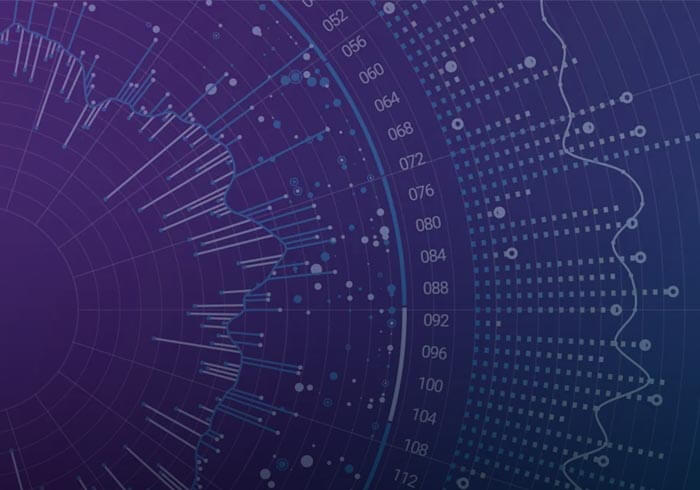Analytics Blog

Six Customer Data Platform (CDP) Trends to Know in 2022
Customer data platforms (CDPs) have emerged as the modern analytics solutions, serving as a central hub for the various “spokes” of data extending across your organization. By connecting to a multitude of destinations and providing stability and consistent messaging across all customer touchpoints, CDPs facilitate true digital experience optimization, and they’re continuing to evolve.
Leading brands are turning to CDPs to help unify their data, increase personalization, and ultimately optimize their digital experiences. Below we’ve summarized some of the trends we see emerging across the CDP landscape in 2022.
#1: Integrated Data Ingestion Capabilities
Data connectivity is one of the central roles of any CDP. There are products emerging that feature their own integrated ETL suite that can facilitate higher portability of data, with greater control over security measures and intake latency.
#2: Automated Machine Learning for Segment Identification

CDPs naturally address the challenges with machine learning (ML) buildout and integration, resulting in a well curated data set. This enables true ML in an often automated format with very little need for in-house ML engineers. More technologies with this functionality are coming on the market regularly.
#3: Intuitive User Interface for Marketer Usability
Enabling marketers to activate on their own use cases can greatly reduce or eliminate the development cycle. Numerous CDPs are angling themselves as being marketer-friendly, which will be an increasing class of CDP in the coming years.
#4: Customer Data Management / Privacy Controls

Privacy and consent are front-and-center in today’s data ecosystem. In the future, the right-to-be-forgotten (or at least see and change customer classifications) will likely be enacted, and a CDP is the logical place to handle these requests. their classifications in a zero-party data system.
#5: Automatic Activation
The best insights are less than useless if they’re not put into action. Many CDPs already have functionality in place where, when a segment is assigned, the user is automatically sent to marketing or personalization channels. And many more detailed routines are becoming possible.
#6 Modular Ecosystem Facilitation
With a modular approach, CDPs result in a more customized solution for your unique business needs. This provides stability in your overall data ecosystem, enabling consistent messaging and engagement regardless of the channel, data sources, or data destinations.
After all, the modern martech stack should be tailored to your organization, facilitating a “cultivated landscape,” versus “walled garden.” CDPs will continue to evolve and are an ideal first piece if you want to invest in digital experience optimization.
Read about these trends in more detail here.








